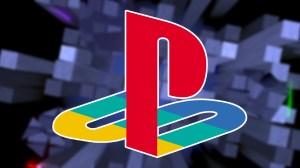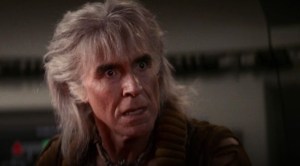Captain America is an aspirational figure to the people of the Marvel Universe, and once again, Captain America: The First Avenger star Chris Evans has stepped up to fill that role for those of us in the real world. Posting to Instagram earlier today, Evans announced that he will be stepping away from social media for the time being, echoing sentiments from Taron Egerton, who yesterday said he was going to take the rest of the year off so that he can try to give himself a little time away from screens, so that he can use it to reconnect with his loved ones, read, watch movies, and generally be less connected to his phone.
Videos by ComicBook.com
Quoting Egerton’s comments to his own Instagram story, Evans said, “Couldn’t have said it better myself! Count me in. Gonna take a little break. Much love everyone!”
Celebrities use social media to promote projects but, like anyone with a large following, it’s a double-edged sword. It’s easy to find yourself harassed and dogged by a nonstop fire hose of negativity, often directed at you personally. Evans’s Marvel Universe co-star Brie Larson famously has had to periodically step away from social media as a result of harassment.
According to the Addiction Center, “Social media addiction is a behavioral addiction that is characterized as being overly concerned about social media, driven by an uncontrollable urge to log on to or use social media, and devoting so much time and effort to social media that it impairs other important life areas.”
The site continues, “The phenomena of social media addiction can be largely attributed to the dopamine-inducing social environments that social networking sites provide. Social media platforms such as Facebook, Snapchat, and Instagram produce the same neural circuitry that is caused by gambling and recreational drugs to keep consumers using their products as much as possible. Studies have shown that the constant stream of retweets, likes, and shares from these sites cause the brain’s reward area to trigger the same kind of chemical reaction seen with drugs like Cocaine. In fact, neuroscientists have compared social media interaction to a syringe of dopamine being injected straight into the system.”








